GNT Pharma Inc. today reports positive top-line results from a phase II, double-blind, randomized, placebo-controlled, multi-center study assessing the safety and efficacy of nelonemdaz in acute ischemic stroke patients treated with endovascular thrombectomy within 8 hours of symptom onset (SONIC). In this study, the addition of nelonemdaz to surgical blood clot removal improved a patient’s chances of returning to functional independence 90 days later.
Nelonemdaz is a moderate NR2B-selective N-methyl d-aspartate (NMDA) receptor antagonist and potent spin trapper that reduces NMDA receptor-mediated excitotoxicity and oxidative stress, two major routes of brain cell death leading to disability and death after stroke. Nelonemdaz previously showed better efficacy and a longer therapeutic time window than subtype-unselective NMDA antagonists or antioxidants alone in 5 animal models of stroke. Its safety and tolerability in humans has been established in two earlier phase I studies conducted in 165 healthy young and elderly volunteers in the US and China.
SONIC enrolled 209 moderate to severe ischemic stroke patients (NIH Stroke Scale of 8 or higher) at 7 university stroke centers in South Korea. Patients received a 1st infusion of placebo, 500 mg nelonemdaz (low dose group), or 750 mg nelonemdaz (high dose group) prior to thrombectomy. Low dose and high dose groups then received 9 follow-up infusions of 250 mg and 500 mg nelonemdaz, respectively, at 12 hour intervals. The primary outcome was the fraction of patients with good functional outcome (no more than slight disability, able to look after own affairs without assistance) 90 days later, defined as a score of 0-2 on the modified Rankin Scale (mRS), the most widely used outcome measure in stroke studies. In the low dose nelomendaz group, 33 of 55 patients (60.0%) group achieved good functional outcome, and in the high dose nelomendaz group, 31 of 49 patients (64.6%) achieved good functional outcome, compared to 25 of 49 patients (51.0%) in the placebo group. The fraction of patients achieving near-complete recovery (mRS score 0) was markedly increased in nelonemdaz-treated groups, with 23.6% of the low dose group and 33.3% of the high dose group achieving no significant disability 90 days later, compared to only 8.2% of the placebo group. No serious adverse events of nelonemdaz were observed.
“Compared to placebo, administration of nelonemdaz increased the chances of achieving a good functional outcome by more than 20% in moderate to severe ischemic stroke patients who received endovascular thrombectomy”, said Dr. Byoung Joo Gwag, CEO and founder of GNT Pharma and inventor of nelonemdaz. “And it more than tripled chances of achieving a near-complete recovery. Over the last 3 decades, many NMDA antagonists and antioxidant drugs have failed in clinical stroke trials, despite showing efficacy in animal models of stroke. Such failed trials were probably due to the adverse effects of subtype-unselective NMDA receptor antagonists, or the limitations of targeting single injury mechanisms. SONIC was the first clinical trial of our novel multitarget neuroprotectant, nelonemdaz, administered to ischemic stroke patients who also received endovascular recanalization, which has recently become a standard of stroke care.”
Dr. Dennis W. Choi, a professor of neurology at the State University of New York, Stony Brook, a pioneer in the stroke neuroprotection field, and a scientific advisor to GNT Pharma, commented “these are very encouraging phase II results that heighten interest in seeing the results of larger phase III trials.”
In a companion phase II study with 237 acute ischemic stroke patients conducted in China, nelonemdaz was well tolerated and benefitted patients who were treated with thrombolytic drugs within 8 hours of symptom onset. A phase III study of nelonemdaz for 948 ischemic stroke patients treated with a thrombolytic drug has just begun in China.
Current observations of nelonemdaz in acute ischemic stroke patients receiving recanalization therapies promises to open up a new era of neuroprotection therapy for the treatment of stroke.
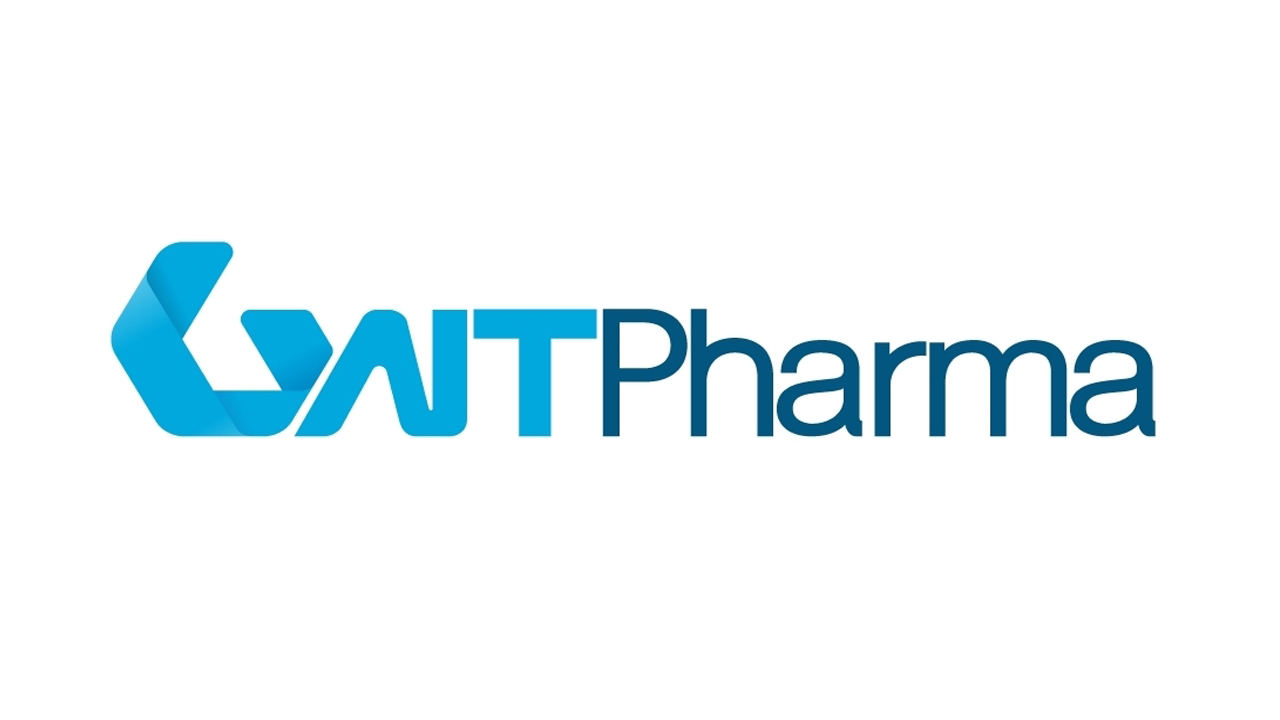
 In this study, the addition of nelonemdaz to surgical blood clot removal improved a patient’s chances of returning to functional independence 90 days later.
In this study, the addition of nelonemdaz to surgical blood clot removal improved a patient’s chances of returning to functional independence 90 days later.






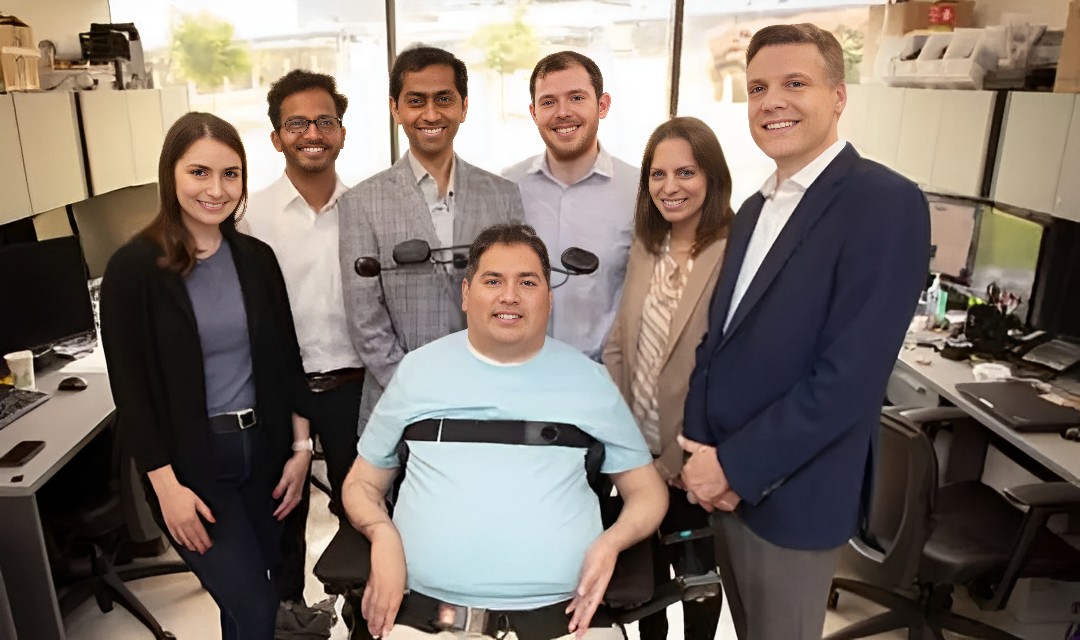

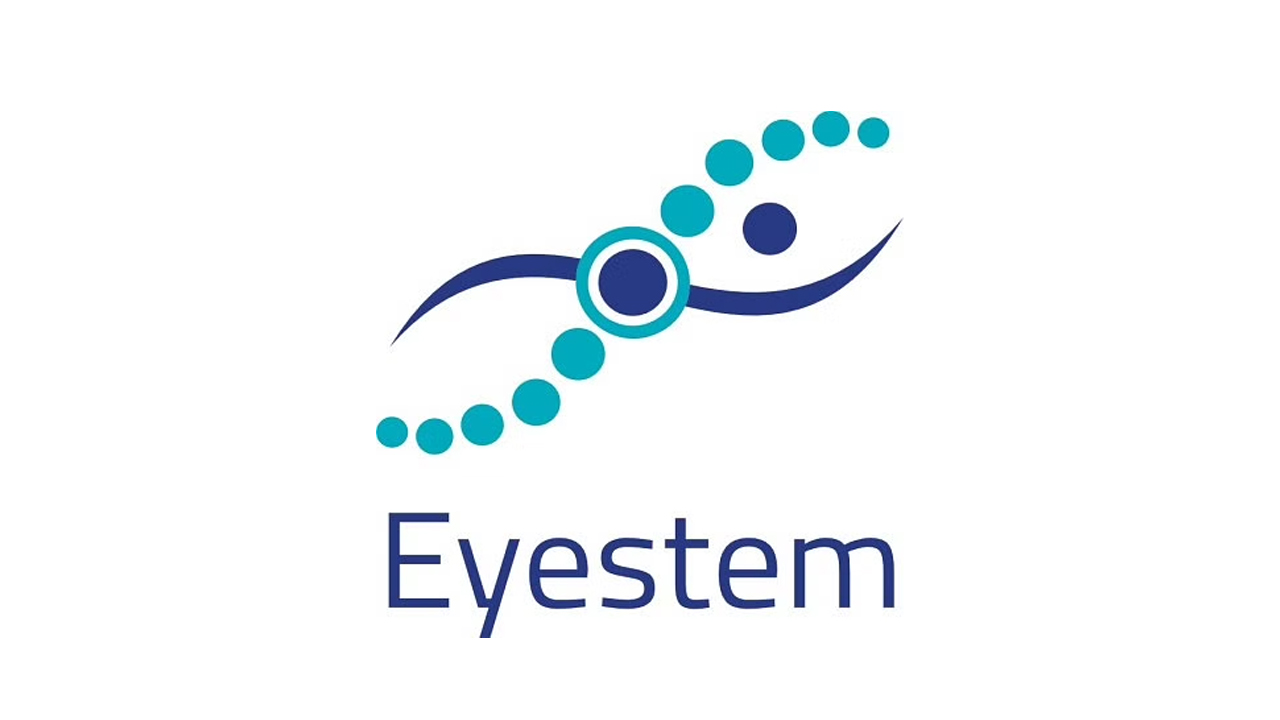
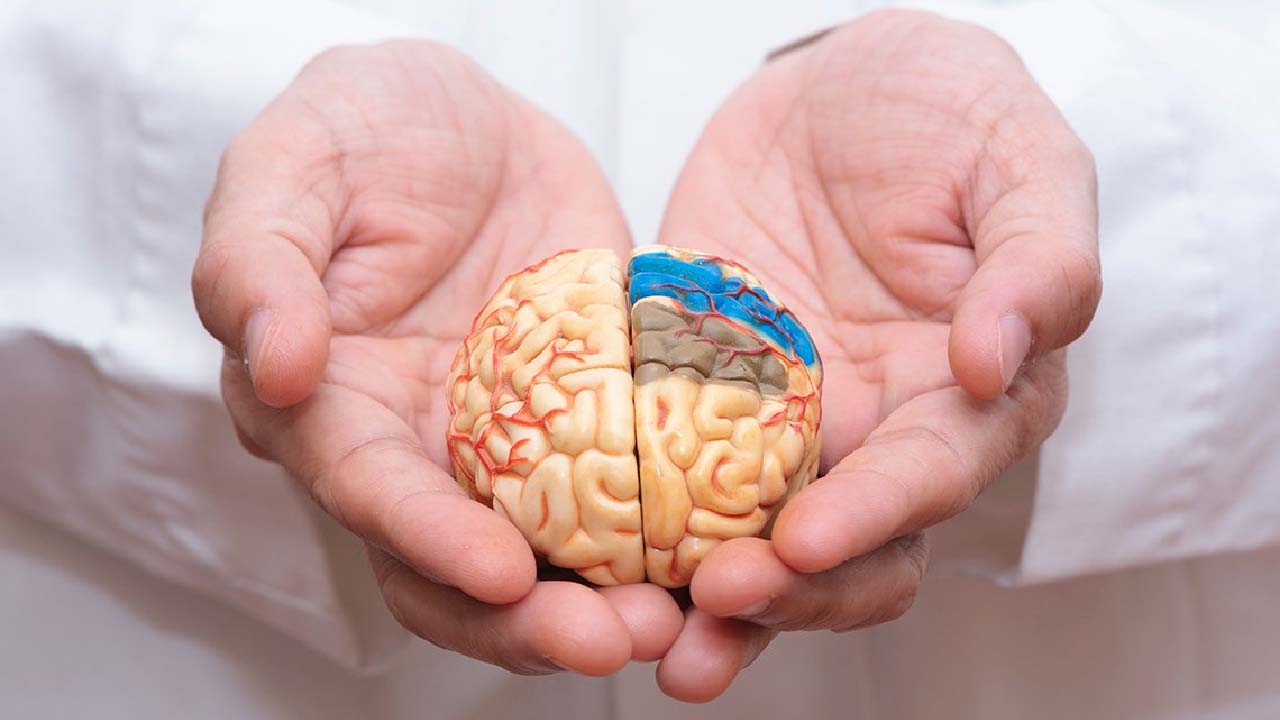
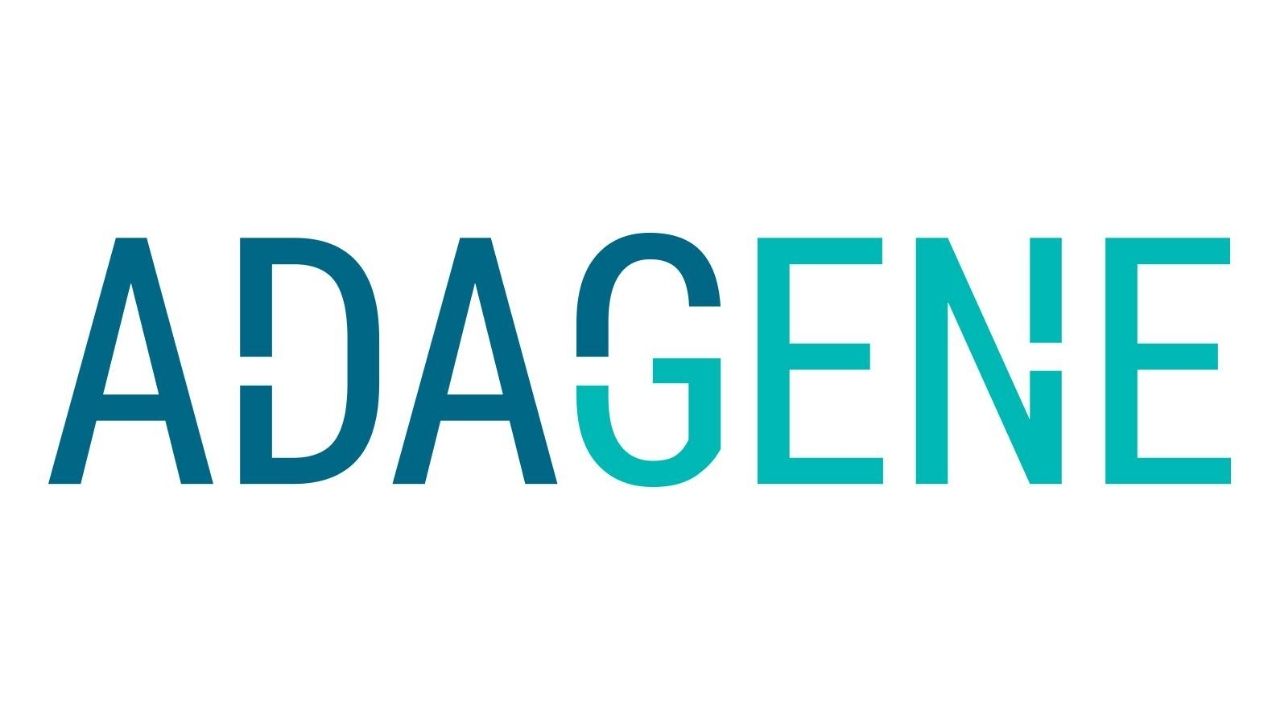

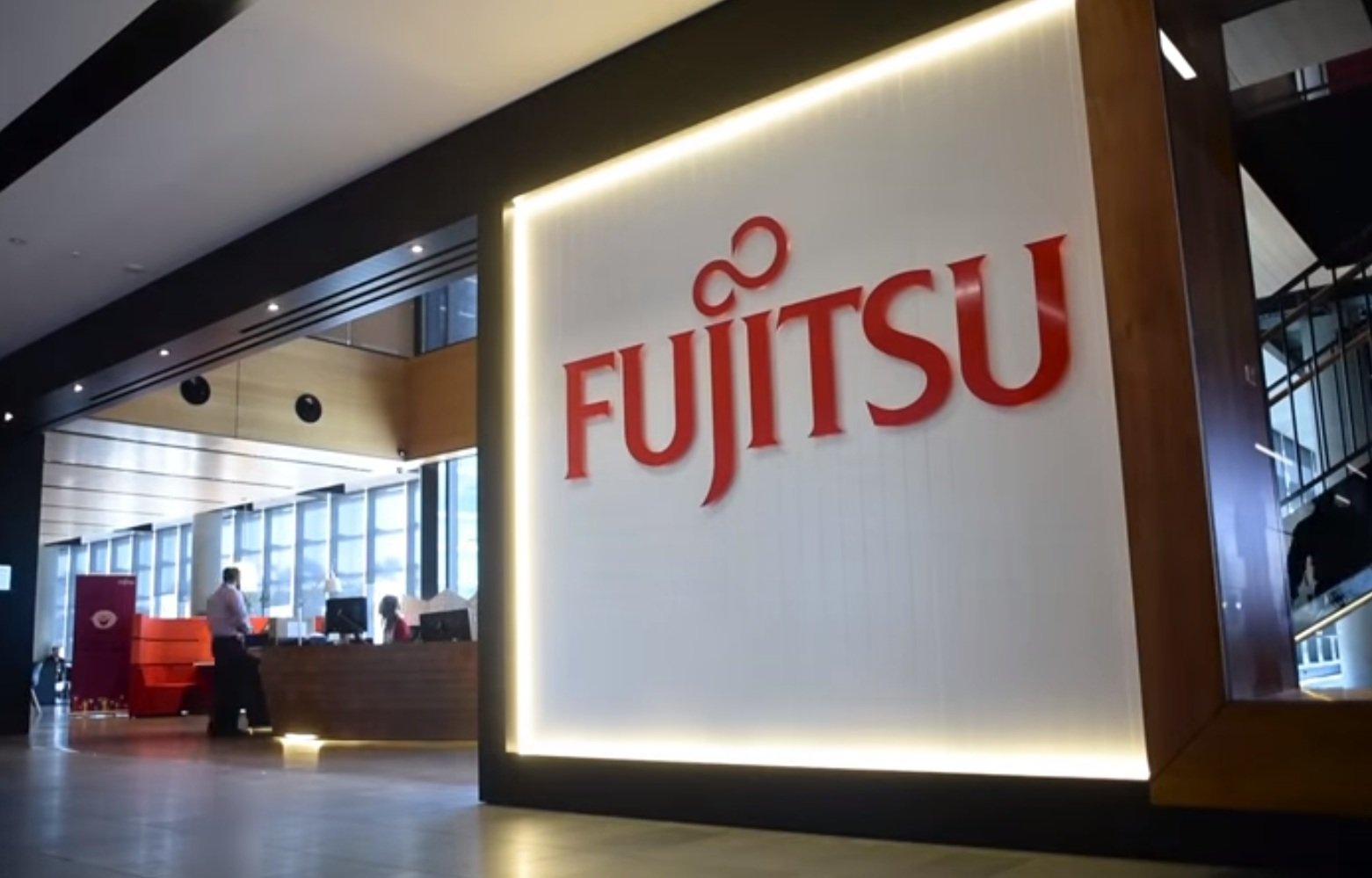






.jpeg)

.jpeg)










.jpg)




.jpg)

